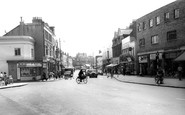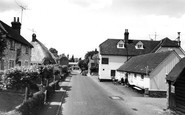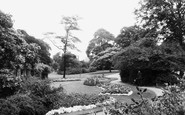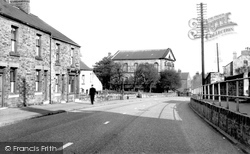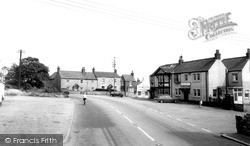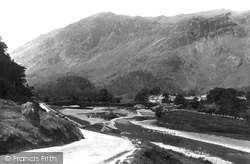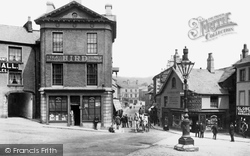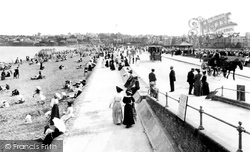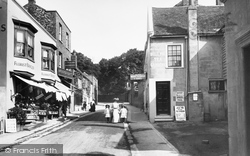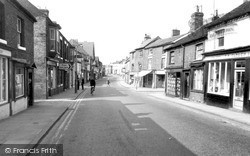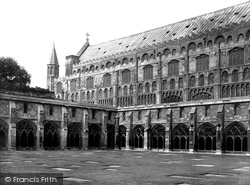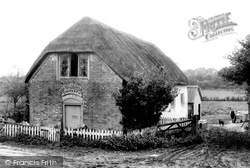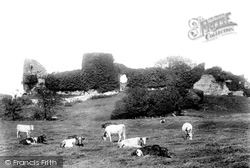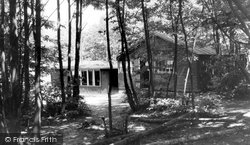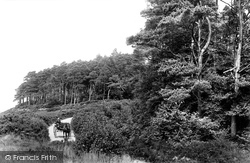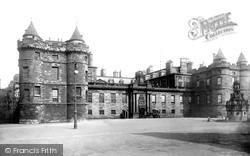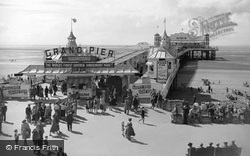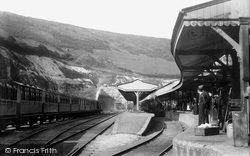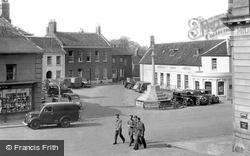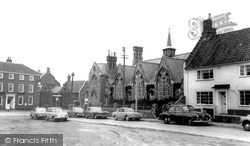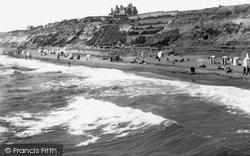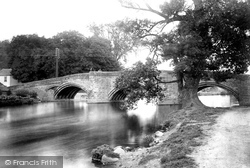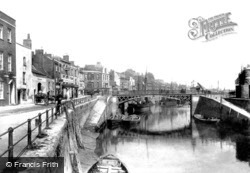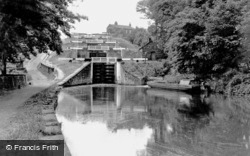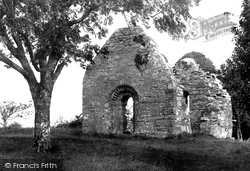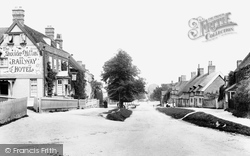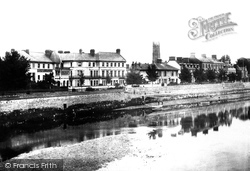Places
18 places found.
Those places high-lighted have photos. All locations may have maps, books and memories.
- Hythe, Kent
- Hythe, Hampshire
- Small Hythe, Kent
- Bablock Hythe, Oxfordshire
- Methwold Hythe, Norfolk
- Hythe, Somerset
- Hythe, Surrey
- Hythe End, Berkshire
- The Hythe, Essex
- Egham Hythe, Surrey
- West Hythe, Kent
- New Hythe, Kent
- Broad Street, Kent (near Hythe)
- Horn Street, Kent (near Hythe)
- Newbarn, Kent (near Hythe)
- Newington, Kent (near Hythe)
- Broad Street, Kent (near Hythe)
- Stone Hill, Kent (near Hythe)
Photos
360 photos found. Showing results 841 to 360.
Maps
101 maps found.
Books
10 books found. Showing results 1,009 to 10.
Memories
4,406 memories found. Showing results 421 to 430.
Little Gaddesden This Book Is The Diffinitive Guide
A Century Remembered is the title of a book published by the Rural Heritage Society. It describes the village in the twentieth century in the words of its residents. Details can be found at www.little-gaddesden.co.uk
A memory of Little Gaddesden in 1900 by
Childhood In Benham Valence
It was in April 1950 that I was born in the Victorian wing of Benham Valence - actually in the flat above the garages - a very primitive dwelling with no bathroom or indoor toilet. Unfortunately the whole wing was ...Read more
A memory of Benham Park in 1950 by
The Keelings 1940 Evacuees
My sister, Joy, elder brother, Richard and myself, John Keeling, were evacuated to Llanharan in June 1940. After a short time Richard and myself were placed with a lovely old lady at 12 Seymour Avenue, Mrs Surridge. I do ...Read more
A memory of Llanharan in 1940 by
Maxwells Of Selborne
The brother of my 5xgt grandfather William Maxwell, was Thomas Maxwell, born in Harting in 1754. Thomas and Elizabeth's son Henry Maxwell, born 1807 in Harting, was by the census of 1841 living in Selborne with his wife Jane and ...Read more
A memory of Selborne by
Newtonheath Loco Football Ccub
I remember sneaking into the match by going past the lodging house on Warden Lane and going by the railwayside and through a hole in the fence that the railway men had made so that they could watch ...Read more
A memory of Newton in 1950 by
Mendleson Wrote His Spring Song In The House.
With Denmark Hill and about level with the Old Henly's garage behind you was a house within the ruins with a metal sign. It stated that during his stay here, Mendleson wrote his 'Spring Song' here. ...Read more
A memory of Camberwell by
Explosion At Ici Broom 11th February 1954
It is 56 years this week since my beloved husband, WALTER JOHNSTON was killed in an explosion at the ICI plant known as The Broom, at POWFOOT, Dumfriesshire.He was 26 years old, tall, handsome (Gregory Peck ...Read more
A memory of Powfoot in 1954 by
Harrow Farm
My grand x3 grandfather James Sewell lived at Harrow Farm, he worked as a farm labourer. There was land named Sewells land which was auction by the Boggis estates and sold in 1914. Another ancestor, James, was a publican and ...Read more
A memory of South Hanningfield in 1870 by
Memories Of War Years 1939 45 Newport
Memories of War years 1939 -1945. By John Beal. Little did I realise that I would be involved in the army when war broke out in 1939. I was attending Hatherleigh Central School in Newport at the time and as a ...Read more
A memory of Newport in 1940 by
Captions
4,899 captions found. Showing results 1,009 to 1,032.
The first Wesleyan chapel opened in 1807, paid for by the Wells family in memory of George Wells.
Now it is bypassed by the A1M motorway, and some of its rural serenity has been recovered. Note the maypole outside the inn.
The Ferry arriving at the Nab c1955 By the time this photograph was taken, cars had replaced the horses and carts, and the crossing was accomplished by a chain-operated pulley.
The international aspect of the town's trade can be seen by the sign outside Joseph Hird's grocery in the centre of the picture. It advertises him as a 'French and Italian Warehouseman'.
The sewing machine millionaires completed their home in 1907, inspired by the architectural wonders of Versailles.
The Belle Vue tea gardens, on the right, were built in 1790 and were very popular.They were visited in 1830 by the future Queen Victoria, who had tea there with her mother.
Separated from the main part of the town by the River Weaver, Welsh Row is, as this name tells us, the road leading towards Wales.
They were rebuilt slowly from 1297 to 1430; their size was set by the larger-than-life Herbert de Losinga's Norman cloisters, whose outer walls survived the 1272 fire.
Alderholt is a pleasant place to visit, surrounded as it is by the woods and heaths of the old hunting ground of Cranborne Chase. An ancient chapel once stood here, used by huntsman in Stuart times.
The castle dominates the old town, originally founded by the Romans who built the first castle - one of their chain of forts along the Saxon shore.
Today, nearer 200 acres are administered by the Buckmore Park Medway and Strood Scout Centre, a charity, and Buckmore Park Services, a limited company.
Woodbury Common is crowned by the massive Iron Age hill-fort of Woodbury Castle, visible from miles around and one of the best viewpoints in Devon.
In May 1544, the palace was badly damaged when it was set on fire by the Earl of Hertford's troops.
By the 1950s bingo had become popular, and the walkway down the pier was covered.
Victorian enthusiasm for railways soon ensured that all the major tourist centres of the Isle of Wight could be reached by the Permanent Way.
As a market town, Fakenham serves the needs of a wide area of villages and farms - as is suggested by the presence of the main national banks.
This is a Gothic-style school built by the innovative architect J S Benest in 1857 and extended in 1881.
Southbourne retains a great deal of its original charm, despite being swallowed up by the bustling metropolis of Bournemouth.
The Eamont flows out of Ullswater at Pooley Bridge and is joined by the Lowther at Brougham, before meeting the Eden near Langwathby.
In years gone by, the river Parrett carried a large volume of traffic.
Today, the house at the bottom left corner is no more, and the grass is kept in bowling-green condition by the resident lock keeper.
The Annals of Innisfallen, written by the monks here, is an important early history of Ireland.
This view is from by the station approach and is little changed, although the pavements and road are more formalised.
Again, there is plenty of human activity by the waterside at low tide.
Places (18)
Photos (360)
Memories (4406)
Books (10)
Maps (101)



